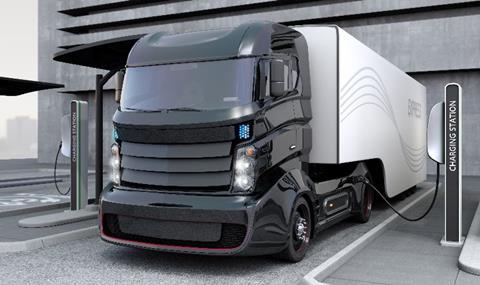
The government’s decision to cut the plug-in car, van and truck grant has been described as “the wrong move at the wrong time” and “disappointing” by trade groups.
The Department for Transport said the grant scheme was being updated to target less expensive models and allowing the scheme’s funding to go further.
Transport minister Rachel Maclean said: “The increasing choice of new vehicles, growing demand from customers and rapidly rising number of charge points mean that, while the level of funding remains as high as ever, given soaring demand, we are refocusing our vehicle grants on the more affordable zero emission vehicles – where most consumers will be looking and where taxpayers’ money will make more of a difference.”
The BVRLA said the announcement was poorly timed and would slow down the transition to zero emissions, with confidence in EVs and their running costs on a knife edge.
BVRLA CE Gerry Keaney added: “This will come as a particular blow for the commercial vehicle sector, where BVRLA members have been working so hard to drive uptake of electric vans and trucks.”
Michelle Gardner, Logistics UK’s head of public policy, said the government needed to lay out a clear policy road map to enable operators to make the required fleet changes confidently: “Switching to zero and ultra-low emission vehicles is an important focus for the logistics industry, as it works to achieve the government’s zero emissions target by 2050,” she said.
“It is therefore disappointing to see the changes announced today to the government’s plug in car, van and truck grants, which have been reduced for the vast majority of available models.
“Logistics UK’s members are committed to making the switch to alternatively fuelled vehicles, but with the market still to reach maturity, options are limited for operators and reducing the financial support will hinder this transition.”
Mike Hawes, CE of the SMMT, said new battery technology was more expensive than conventional engines and incentives were essential to make vehicles affordable: “Cutting the grant and eligibility moves the UK even further behind other markets - markets which are increasing their support, making it yet more difficult for the UK to get sufficient supply,” Hawes added.













